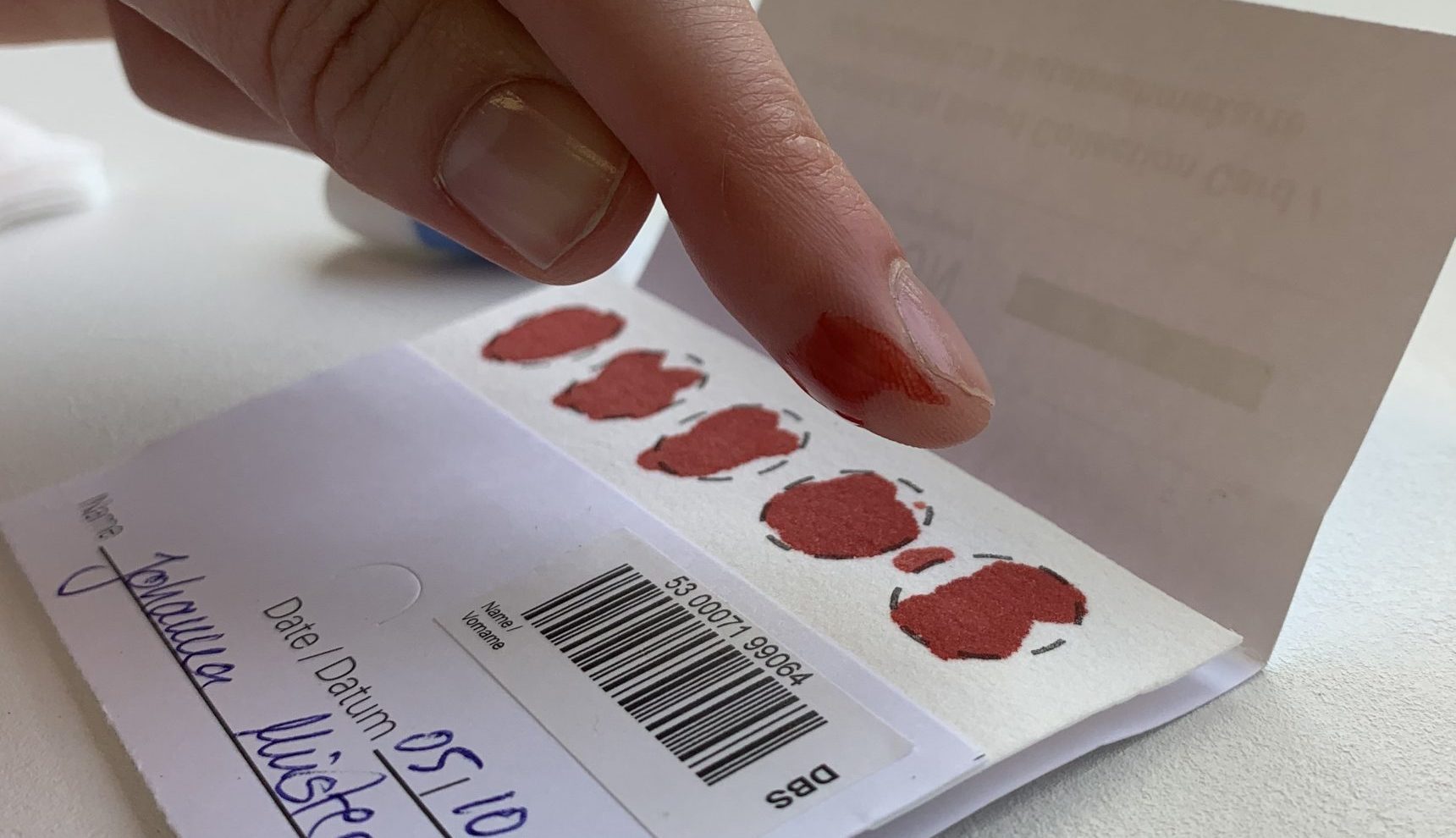
Palpation is a thing of the past: new recommendations for prostate cancer screening
According to the German Society of Urology, the classic digital rectal examination (DRE), in which the prostate is palpated through the rectum, will no longer be recommended for the early detection of prostate cancer. The reason: there is currently no reliable evidence that the method reduces mortality or provides any long-term medical benefit. Instead, the measurement of prostate-specific antigen (PSA) is becoming more prominent as a possible early detection measure.
Labor Berlin offers a modern alternative: the PSA dry blood test for home use.
Labor Berlin offers a modern alternative: the dry blood test for home use.
-
Cutting-edge diagnostic medicine starts with prevention!
With this in mind, Labor Berlin is now offering a new, forward-looking option for early detection of prostate cancer: the dry blood test for home use—a convenient, discreet, and evidence-based option that meets the requirements of modern preventive medicine.
Labor Berlin supports the realignment of urological guidelines with diagnostic expertise and practical solutions for patients. The dry blood test represents a shift in preventive medicine: more patient focus, more evidence, fewer barriers. -
Clear advantages for patients
- Discreet: Performed in the comfort of your own home
- Simple & convenient: No need to visit the doctor’s office, no waiting time – blood sample taken via “finger prick” instead of rectal examination
- Reliable: More accurate than palpation – biomarker-based and validated by laboratory analysis

- Prevention based on scientific gold standards

Your screening is that simple
You can take our PSA (prostate-specific antigen) test in the comfort of your own home. You will receive the results afterwards – digitally and reliably.
Order test kitFocus on PSA
According to the latest assessment by the Institute for Quality and Efficiency in Health Care (IQWiG), the classic digital rectal examination (DRE), in which the prostate is palpated through the rectum, is no longer recommended for the early detection of prostate cancer. The reason: there is currently no reliable evidence that this method reduces mortality or provides long-term health benefits. Instead, the measurement of prostate-specific antigen (PSA) is becoming more prominent as a possible early detection measure – especially in the context of an informed, individual decision.
At the 76th Congress of the German Society of Urology (DGU), it also became clear that the future of prostate cancer screening lies in evidence-based, personalized, and gentle strategies. The focus is shifting toward modern testing methods with greater predictive value.
*Information about prostate cancer & PSA
-
PSA
(prostate-specific antigen)The PSA test is a blood test that measures the level of prostate-specific antigen, a protein produced only by the prostate gland. An elevated PSA level may indicate a change in the prostate, but it can also be caused by inflammation or enlargement of the prostate gland.
-
Classification of the guideline update on early detection of prostate cancer
Prostate cancer is by far the most common malignant tumor disease in men in Germany and also the second leading cause of cancer-related deaths in men. In 2020, approximately 65,800 men in Germany were newly diagnosed with prostate cancer; more than 15,400 patients died from the disease. “The current comprehensive update of the guidelines is therefore of great importance,” explains DGU guideline coordinator Prof. Dr. Marc-Oliver Grimm.